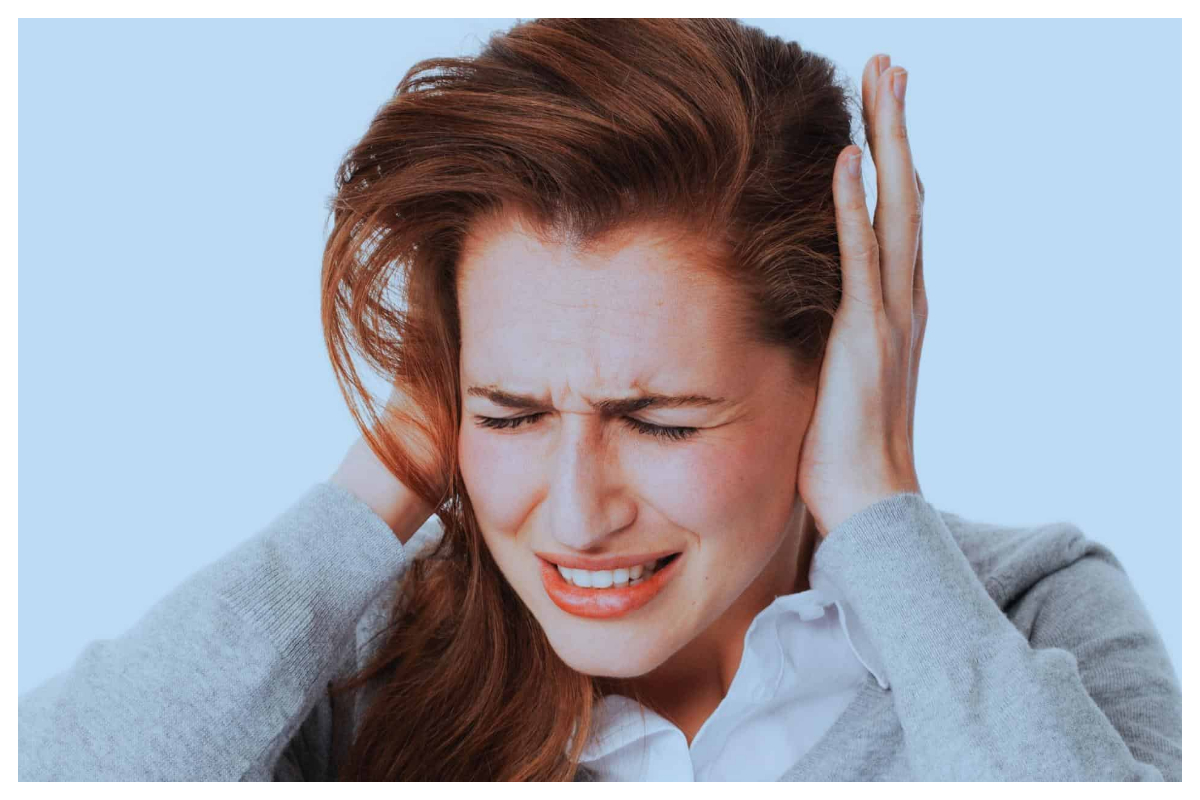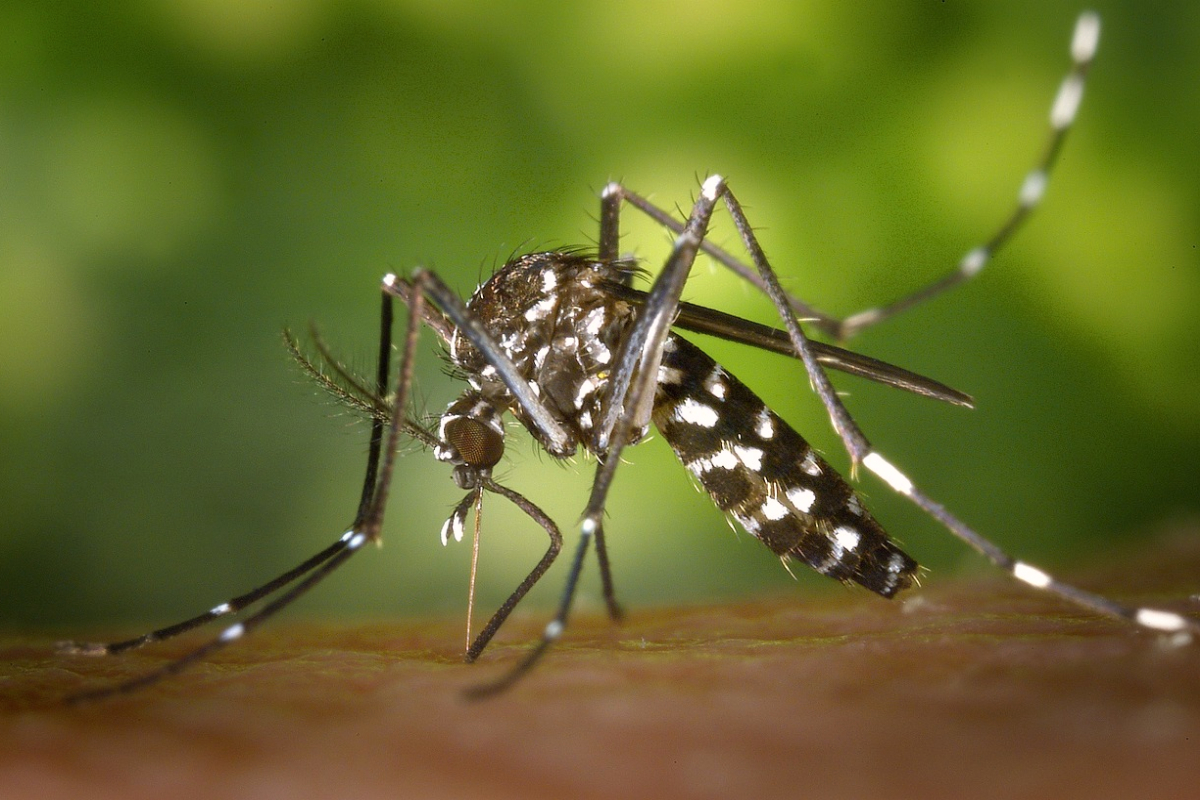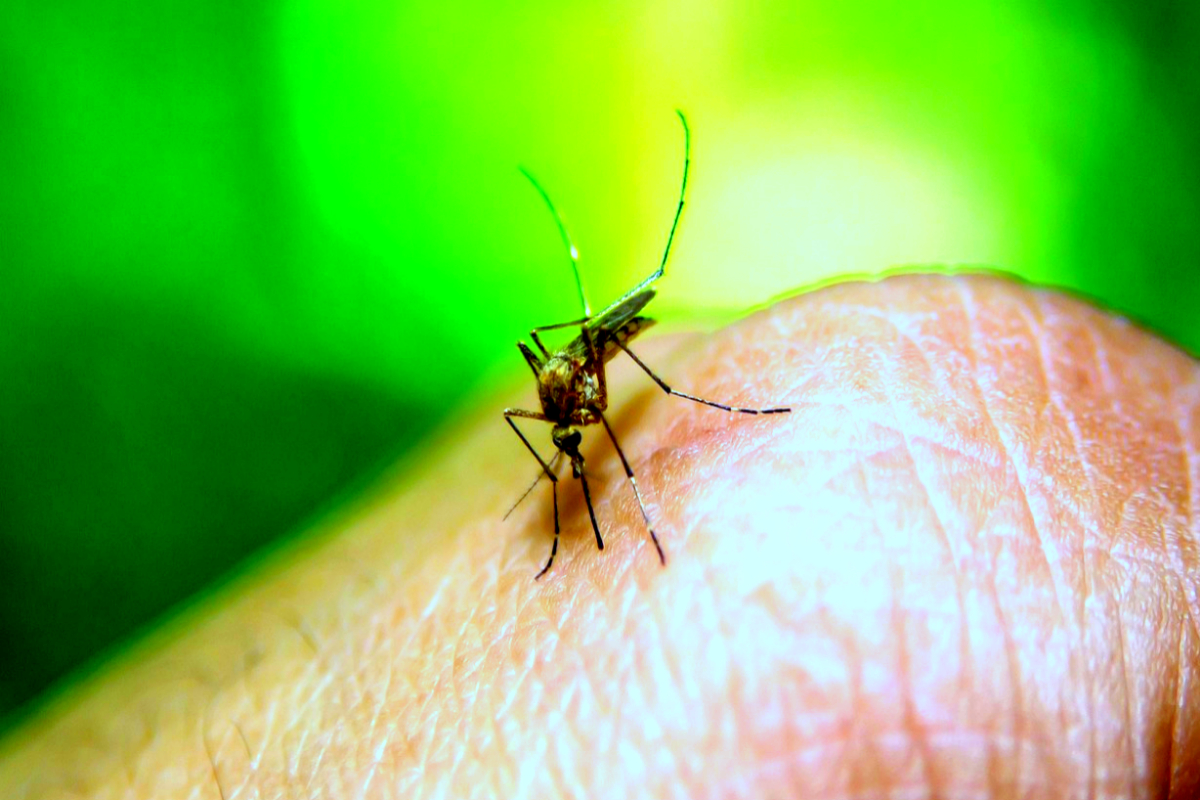- Maersk Mc-Kinney Miller Institute found that the more traffic noise people in Denmark are exposed to at home.
- Researchers have discovered a link between hearing-related outcomes and exposure to residential traffic noise.
- There are a variety of ways to reduce noise in one’s home.
At the University of Southern Denmark (SDU), researchers from the Department of Clinical Research and the Maersk Mc-Kinney Miller Institute found that the more traffic noise people in Denmark are exposed to at home, the more likely it is that they will develop tinnitus.
The most obvious sign of tinnitus is whistling in the ears, which can be distressing for many people.
This is the first time that researchers have discovered a link between hearing-related outcomes and exposure to residential traffic noise.
Manuella Lech Cantuaria, PhD, Assistant Professor at the Maersk Mc-Kinney-Moller Institute and affiliated with the Department of Clinical Research at SDU, says, “We found over 40,000 cases of tinnitus and can see that for every ten decibels more noise in people’s homes, the risk of developing tinnitus increases by 6%.”
She and her colleague Jesper Hvass Schmidt, Chief Physician at Odense University Hospital (OUH) and Associate Professor in the Department of Clinical Research, are concerned about the numerous health issues that traffic noise appears to cause.
The significance of traffic noise to health requires greater attention. According to Jesper Hvass Schmidt, the fact that noise appears to raise the risk of tinnitus, cardiovascular disease, and dementia, among other diseases, is troubling.
Patients can receive a diagnosis of tinnitus at hearing clinics, like the one Jesper Hvass Schmidt works at at OUH. However, only the most severe cases are referred by an otorhinolaryngologist or their own physician. He believes that the large number of cases of tinnitus that have been reported are probably only the tip of the iceberg.
Tinnitus affects approximately 10% of the population at any given time. It’s linked to anxiety and poor sleep, which can be made worse by traffic noise, so we could be in the middle of a cycle.
To determine whether and how traffic noise causes tinnitus, additional research is required.
However, we are aware that traffic noise can disrupt our sleep and cause stress. What’s more, that tinnitus can deteriorate when we live under distressing circumstances and we don’t rest soundly, Jesper Hvass Schmidt says.
The researchers believe that nighttime noise can be even worse for our health because it interferes with our ability to sleep, which is essential for restoring our mental and physical health. According to Manuella Lech Cantuaria, if you live next to a busy road, you should think about what you can do to improve your sleep.
When the study measured noise on the quiet side of their homes—that is, the side that faced away from the road—higher associations were found. Because this is where the majority of people would put their bedroom whenever it was possible, researchers believe that this is a better indicator of how noisy it is while you sleep.
There are a variety of ways to reduce noise in one’s home, such as sleeping in a room away from the street or installing soundproof windows.
However, not everyone has those choices.
Manuella Lech Cantuaria asserts that because traffic noise poses a health risk, it must be taken into consideration when making political and urban planning decisions.
Details regarding traffic noise
- 58 decibels is the recommended level for disruptive traffic noise in Denmark. It is estimated that 1.4 million Danes live in homes where the noise level is greater than 58 decibels.
- It is not true that switching from gasoline-powered automobiles to electric ones can significantly reduce the amount of traffic noise that people are exposed to at their homes. The contact between the tires and the road accounts for the majority of the noise.
- In an effort to lessen the amount of disruption to residents who live near roads, speed limits have been lowered at night in some parts of Germany.
- Placing noise barriers along the road or changing the surface of the road to one that reduces tire noise is another way to reduce traffic noise.
Information on tinnitus
Tinnitus is a subjective perception of sound that does not originate from the outside. In the ears or in the head, it can be described as a ringing, buzzing, or humming sound. Tinnitus can be idiopathic, meaning the cause is unknown, or it can be a symptom of an underlying disease or injury. Tinnitus is frequently associated with hearing loss. Because it can cause trouble sleeping, difficulty concentrating, and depression, tinnitus can have a negative impact on quality of life. Psychological treatment and hearing aids are two options for reducing tinnitus symptoms.
[embedpost slug=”super-drinks-for-boosting-health/”]





















